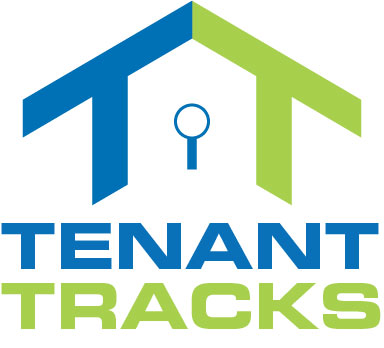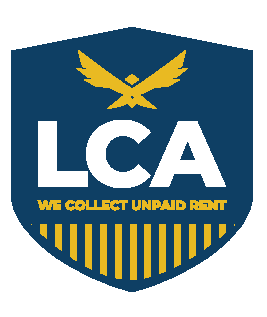Connecticut: land of charming towns, vibrant cities, and…a complex landscape for landlords. Whether you’re a seasoned investor or a first-time renter, navigating the state’s tenant-landlord laws can feel like driving on a winding road with potholes and detours. So, buckle up, because the answer to “Is CT landlord-friendly?” isn’t a simple yes or no.
The Good News:
- High Rents: Connecticut boasts some of the highest rents in the country, offering potential for strong cash flow.
- No Rent Control: Unlike some states, landlords have more freedom in setting rental prices.
- Fairly Quick Eviction Process: Compared to some tenant-heavy states, evicting non-paying tenants can be faster in CT.
The Not-So-Good News:
- Strong Tenant Protections: Connecticut leans towards protecting tenants, with strict laws regarding:
- Security Deposits: Landlords must return deposits within 30 days of lease termination, minus deductions for documented damages beyond normal wear and tear.
- Repairs: Landlords are responsible for making prompt repairs to essential systems like heating, plumbing, and electrical.
- Habitability: The property must be safe and healthy for human habitation, meeting specific standards for space, cleanliness, and sanitation.
- Fair Rent Commissions are now mandated in most cities and have great power to roll back rent increases, hold hearings, inspect units and more.
- Local Regulations: Municipalities have the power to enact their own tenant-landlord laws, adding another layer of complexity. Some towns, like Hartford and New Haven, have stricter regulations than the state, so be sure to check locally.
So, is it a dead-end for landlords? Not necessarily. Responsible landlords who follow the law and build positive relationships with tenants can still thrive in Connecticut.
Here’s how:
- Know the Law: Ignorance is not an excuse. Familiarize yourself with state and local tenant-landlord laws to avoid costly mistakes. Useful resources include the Connecticut Judicial Branch website and legal aid organizations like CTLawHelp.org. Join CTPOA as a member and they’ll keep you updated on any legislative changes.
- Screen Tenants Thoroughly: Invest in thorough tenant screening through TenantTracks to minimize the risk of non-paying or problematic residents. Check credit history, verify employment and income, and obtain references.
- Maintain the Property: Prompt repairs and adherence to habitability standards are crucial to avoid tenant disputes and potential legal trouble. Keep detailed records of maintenance requests and completed repairs.
- Communicate Effectively: Open and clear communication with tenants can prevent misunderstandings and foster a positive relationship. Provide written notices for rent increases, repairs, and lease violations. Respond promptly to tenant requests and concerns.
Ultimately, whether Connecticut is “landlord-friendly” depends on your approach. If you prioritize a hands-off, high-profit strategy, you might find the regulations restrictive. But for responsible landlords willing to invest time, effort, and knowledge, Connecticut can offer a rewarding and stable investment environment.
Remember: This is just a starting point. Before diving in, consult with a lawyer specializing in landlord-tenant law to get personalized guidance based on your specific situation and goals.
Disclaimer: This blog article is for informational purposes only and should not be construed as legal advice. Please consult with an attorney for legal matters.








